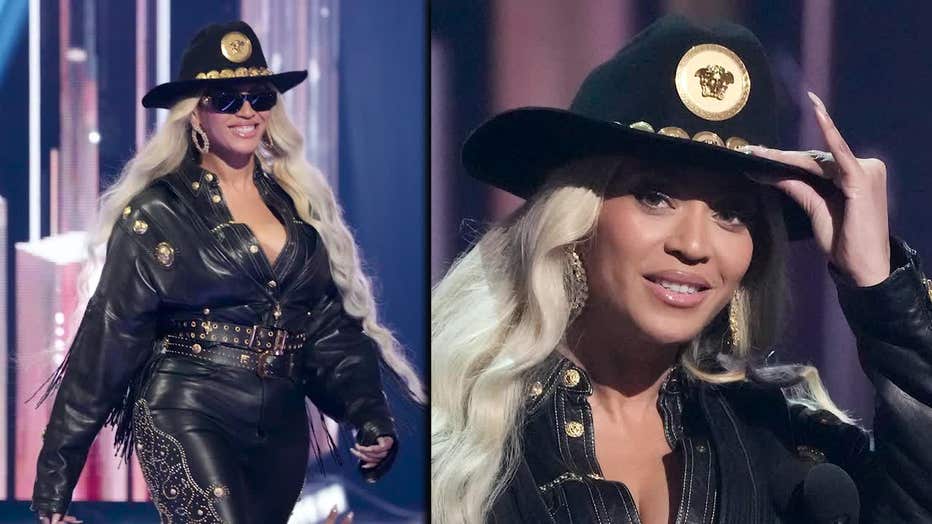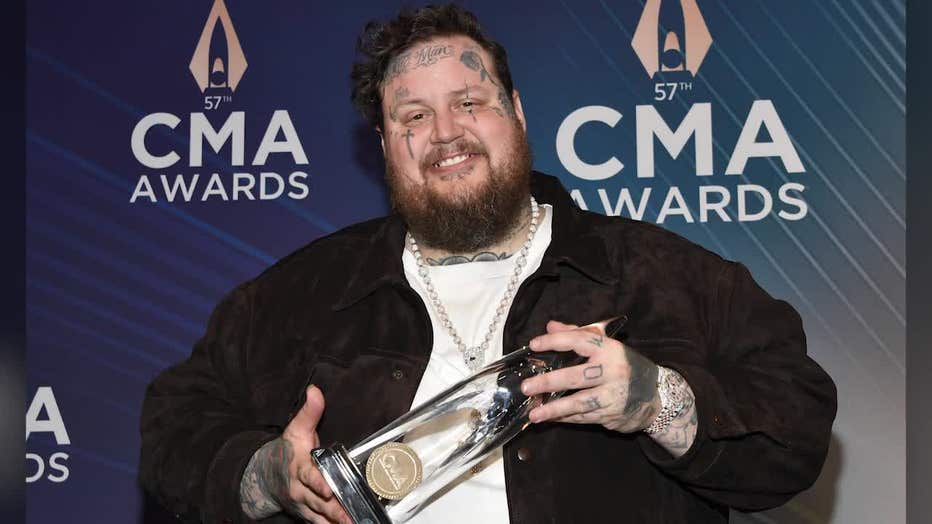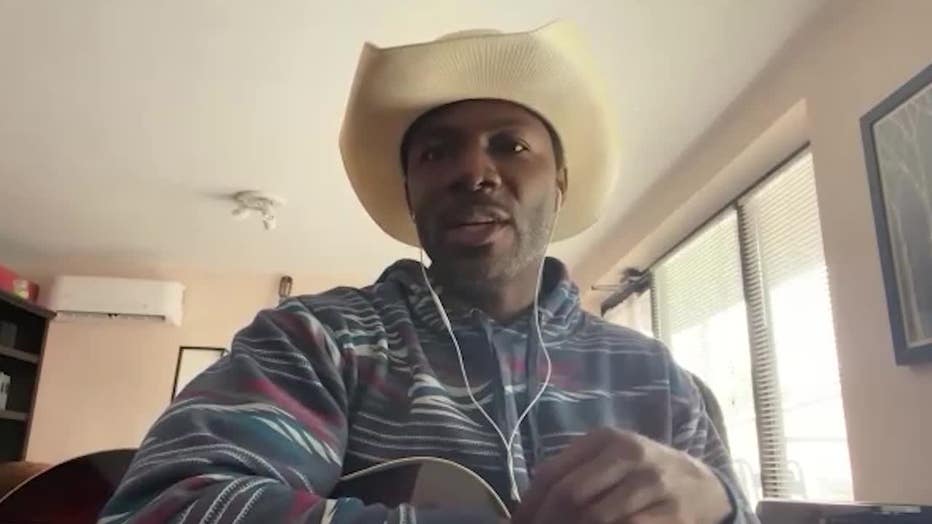Beyonce's 'Cowboy Carter' album shines spotlight on Black country artists
Street Soldiers: Cowboy culture craze
The huge success of Beyonce's "Cowboy Carter" album is making chart history, and also raising awareness of Black country artists. FOX 5 NY's Lisa Evers has the story.
NEW YORK - The huge success of Beyonce's "Cowboy Carter" album is making chart history, and also raising awareness of Black country artists.
Many have headlined shows for years, but were often overlooked by the predominantly white country mainstream. That's changing as cowboy culture becomes the latest craze.
Beyonce's song, "Texas Hold'Em", became a TikTok sensation, as well as a Billboards HOT 100 #1 hit.

Other song collaborations from the album have made it to the prestigious chart and given some Black female country singers their first HOT 100 rankings.
Linda Martell
Case in point, country music pioneer Linda Martell. She became the first Black woman to perform at the Grand Ole Opry in 1970.
All the attention is opening eyes to the diversity that's been there all along, New York Post Lifestyle Reporter Asia Grace said.
"A lot of people are now embracing the country vibes, the fashion, this thing that we have socially and historically in country music and in the South, and I think this is now a new era of who we are as Black women, we're not just one vibe type of community here," Grace said.
Jelly Roll
Tennessee artist Jelly Roll switched genres and went from tough Southern rap to singing about his troubled life. He won a Country Music Association Award for Best New Artist. Veteran hip-hop journalist Rob Markman says there have been connections and collaborations between hip-hop and country music for years, and predicts now there will be many, many more.

"In 1988, you have Kool Moe Dee with ‘Wild, Wild, West’ that was a big moment. Nelly and Tim McGraw in 2004, 'Over and Over,' #3 record in the country, platinum record, that was a huge for hip hop and country collision, and then Lil Nas X, 19 weeks number one with 'Old Town Road' and the remix with Billy Ray Cyrus," veteran Hip Hop journalist Rob Markman said.
‘Cowboy Calvin’
Emijah Calvin, a U.S. Army veteran known as the country music artist ‘Cowboy Calvin,’ firmly believes country music is for everyone of all races and backgrounds. He believes now it may be easier for Black country artists like himself to get more breaks from Nashvilles's industry gatekeepers. He's been at it for 10 years, and is more committed than ever to building his career and fan base.

"There's not a lot of people who look like me 10 years ago who were telling my story so that's what inspired me to get into it, so I think there's people out there that need to embrace there's a lot of Black people who are working on farms and living in the country and love country music," he said.

